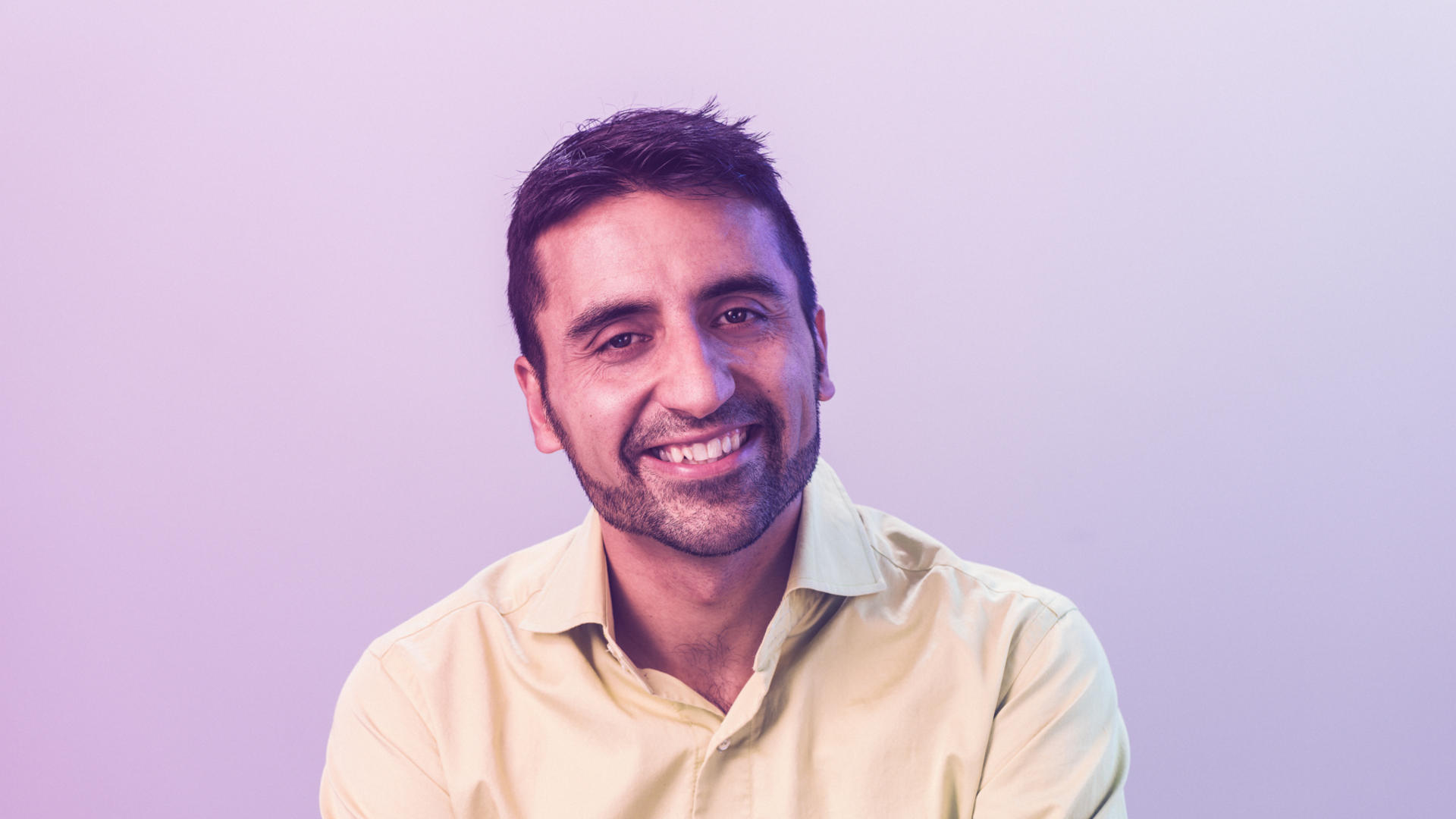In an era of remote learning, new challenges have come to the forefront.
At Kritik, tech education expert Mohsen Shahini has some solutions that encourage teamwork and peer-review, while allowing professors to moderate and mentor their students. Meanwhile, Shahini’s first education venture Top Hat has continued to grow and aid students and educators in the pandemic.
Mohsen Shahini knows his way around education platforms
Shahini himself holds a PhD in Mechatronics, Robotics, and Automation Engineering from the University of Waterloo in Canada. Shahini’s research focused on AI before he turned his eye towards education. He is a recipient of the Best Teaching Award at his alma mater and has published six academic papers. He also frequently participates in academic panels.
Top Hat, co-founded by Shahini and Mike Silagadze back in 2009, has exploded during the pandemic. It allows for an interactive experience in which professors can be maximally involved in their students’ learning while simultaneously removing expensive, out-of-date textbooks.
More than three million students at 750 universities all over North America currently use Top Hat, writes The Financial Post. “My co-founder, Mohsen Shahini, and I are both immigrants who founded and grew Top Hat into a thriving mission-driven business,” Silagadze tells BetaKit.
Mohsen Shahini on the value of diversity
Shahini is an Iranian immigrant, and strongly advocates for diversity of thought, especially in business and education. His top advice to other University of Waterloo alumni in the university’s Impact Stories series is: “befriend people who are not like you, hire people who are not like you, meet people who are not like you.”
Kritik has seen incredible success in a short amount of time
After the success of Top Hat, Shahini teamed up with Carine Marete for his next project. They founded Kritik, a platform with the “learning by teaching” approach, in 2019.
Fundamentally, Kritik makes peer review and mentorship easy to implement and keep all in one place for both professors and students. Professors praise the platform for both STEM-based and humanities courses. In fact, many see value in Kritik far beyond the pandemic. It makes grading easier for them, and peer review allows for a diversity of perspectives implemented at the base level of assignments.
“Kritik enables my students to reflect upon prior work in the class to improve their future work,” writes Dr. Bridget Goosby of UT Austin. “While learning new concepts and ideas from me as well as their peers throughout the course.”
Although the platform is based on peer-review, instructors retain full access and are able to customize most features in Kritik. Kritik also offers co-ops, which allow students to gain hands-on experience in a real business environment.
Learn more about Kritik here.



